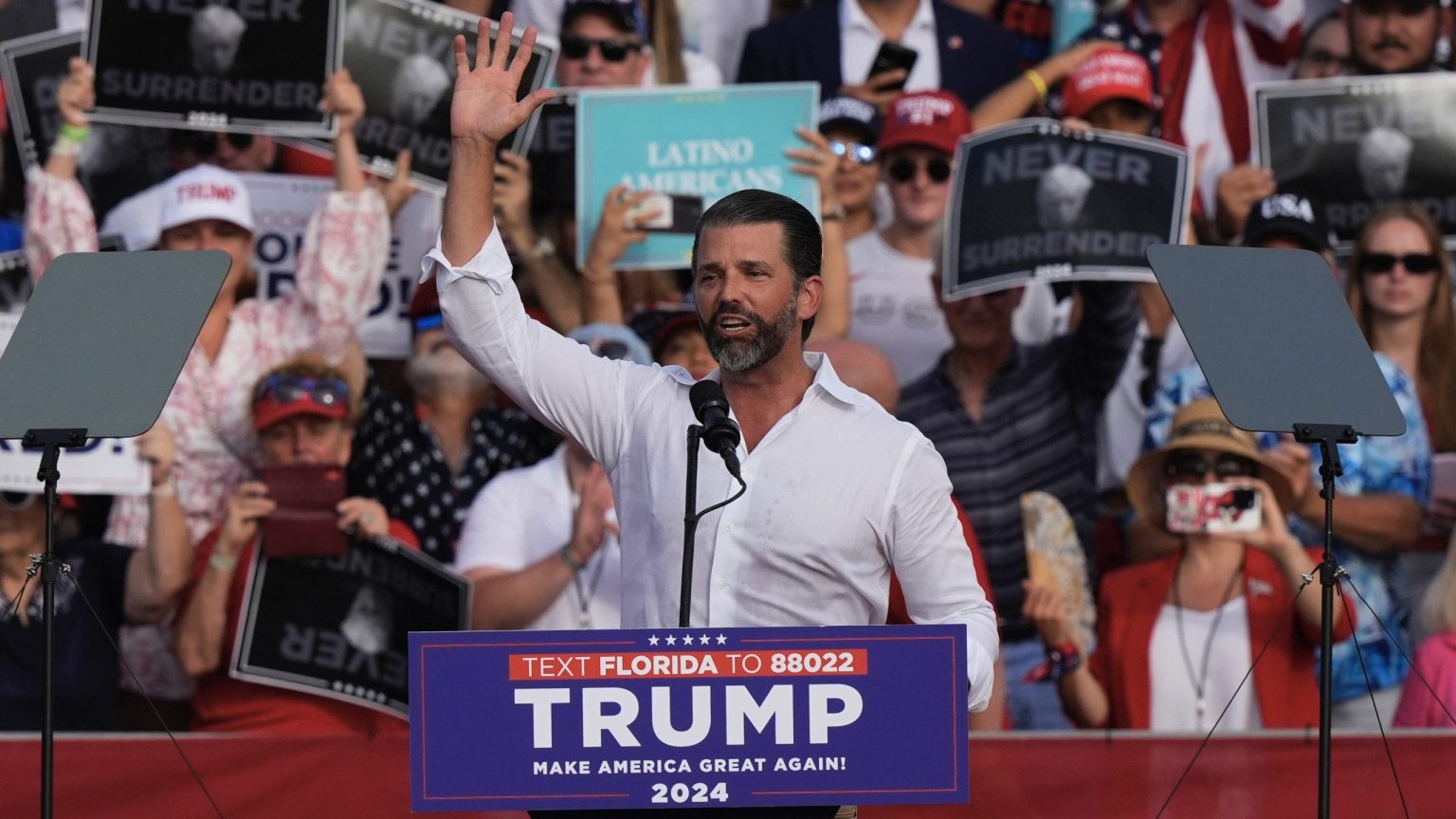Donald Trump Jr.’s upcoming visit to Greenland, while ostensibly personal, unfolds against the backdrop of his father’s expressed interest in acquiring the autonomous Danish territory. This interest, though seemingly unconventional in modern geopolitics, has historical precedents, echoing past American attempts to purchase the island. Trump Jr.’s itinerary, according to sources close to him, centers on leisure and content creation. He plans to explore local culture, visit significant sites, and gather material for his podcast. Crucially, the trip is not intended for political engagement, with no meetings scheduled with Greenlandic or Danish officials. This distinction underscores the personal nature of the visit, separating it from any official negotiation or discussion regarding a potential purchase.
Greenland, an island of strategic and economic significance, has attracted American attention for over a century. Its location in the Arctic, rich mineral reserves, and potential as a military base have made it a point of interest for the United States since the 19th century. Documented attempts to acquire the island include an 1867 exploration by the State Department of purchasing both Greenland and Iceland, recognizing their strategic value. After World War II, President Harry Truman offered $100 million for Greenland, a bid that Denmark rejected. These historical instances demonstrate a long-standing American interest in the territory, driven by a mix of geopolitical and economic considerations.
President-elect Trump’s revived interest in acquiring Greenland marks a resurgence of this historical ambition. While the precise motivations behind his desire remain unclear, several factors likely play a role. Greenland’s vast mineral wealth, including rare earth elements crucial for modern technologies, presents an enticing economic prospect. Additionally, the island’s strategic location holds military significance, particularly in a world grappling with changing Arctic dynamics and great power competition. These considerations, combined with the President-elect’s penchant for ambitious projects, likely fuel his interest in pursuing ownership of the island.
However, Greenland’s leadership has firmly rejected any notion of being for sale. Prime Minister Mute Egede unequivocally stated Greenland’s sovereignty and its unwillingness to be treated as a commodity. This stance reflects a strong sense of national identity and self-determination, a legacy of their long struggle for autonomy from Denmark. It also highlights the significant cultural and social implications of such a transaction, moving beyond purely economic or strategic considerations. The Prime Minister’s emphatic refusal underscores the deep-seated opposition to a potential sale amongst Greenland’s population and leadership.
Donald Trump Jr.’s visit, despite being characterized as personal, inevitably carries political undertones due to his father’s stated intentions. While the stated purpose of the trip is leisure and content creation, the timing and location inevitably draw attention to the larger geopolitical context. This creates a situation where a seemingly private visit becomes intertwined with the broader narrative of potential American interest in acquiring Greenland. The visit, therefore, takes on a symbolic significance, even if unintended, highlighting the complex interplay between personal pursuits and political realities.
In essence, Donald Trump Jr.’s Greenland trip exists in a complex and multifaceted space. It is presented as a personal endeavor, focused on leisure and content creation, without any official political agenda. However, the backdrop of President-elect Trump’s stated interest in acquiring Greenland adds an inescapable political dimension. This juxtaposition creates a unique dynamic where a seemingly private visit becomes intertwined with a significant geopolitical issue. The trip, therefore, becomes a microcosm of the complex relationship between personal actions and political context, underscoring the delicate balance between individual pursuits and broader global narratives.


